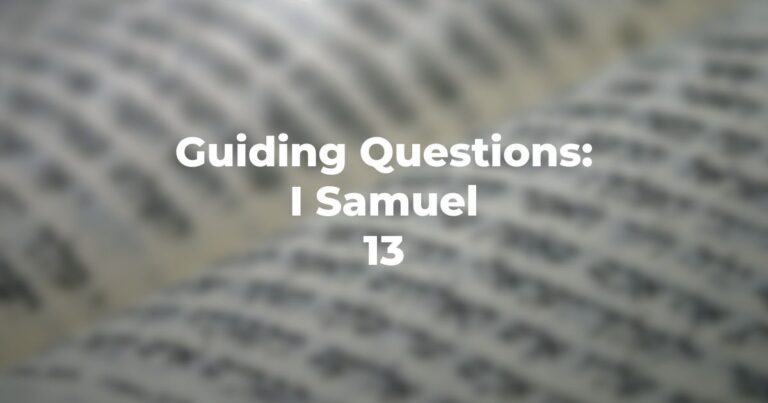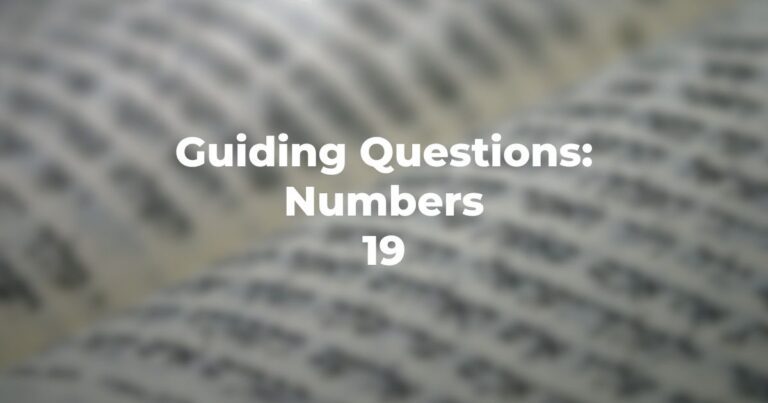- How long were the Israelites subject to the Philistines following the death of Avdon?
- With Judges 13:2 begins one of the major narratives of Shoftim — dealing with Shimshon. How does Judges 13:2 indicate, once again, that significant personalities derive from those who are “handicapped” or otherwise deprived?
- While Abraham’s wife is named, of course — is Manoah’s wife ever named?
- Does the text indicate where and under what circumstances the Messenger of God appeared to “the woman”?
- In Judges 13:6 does Manoah’s wife refer to the meeting in the same fashion as the text refers to it in the third verse or does she use a different descriptive?
- What is a Nazir?
- Would Judges 13:9-10 indicate that a “Messenger of God” is unusual in appearance or is “an Ish” — that is with human appearance?
- How does Manoah wish to show his gratitude for the “good tidings”?
- Judges 13:16 indicates that Manoah did not know that the messenger was a “Messenger of God.” What, then, did he consider the individual to have been?
- When does Manoah realize that he has been dialoguing with a Divine Messenger?
- What is “normative form of obeisance” in those days in the presence of that which is of Divine origin?
- Would Judges 13:23 indicate that there is a “practical dimension” to the thinking of Manoah’s wife?
- The child is named Shimshon. Is any reason given for this name? Is there any reason that you can think of?
- What is meant by “God blessed him”?
- Why, indeed, is “Mrs. Manoah” never named? Is there any other personality in one of the major stories of the TanakhAn acronym for the name of the Hebrew Bible: Torah, Neviim, and Ketuvim. Read more (possibly, in Bereshit) whose husband is named but she is never named?
Author
-

Exploring Judaism is the digital home for Conservative/Masorti Judaism, embracing the beauty and complexity of Judaism, and our personal search for meaning, learning, and connecting. Our goal is to create content based on three core framing: Meaning-Making (Why?), Practical Living (How?), and Explainers (What?).
View all posts




